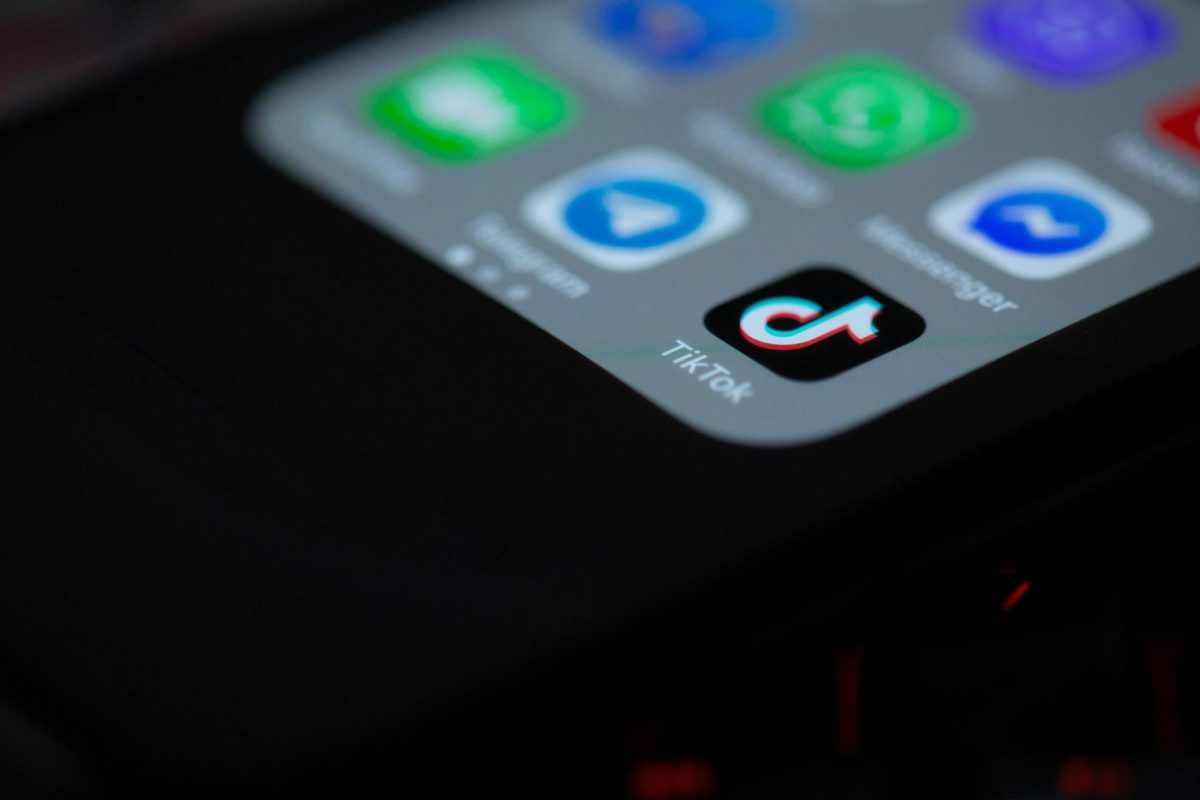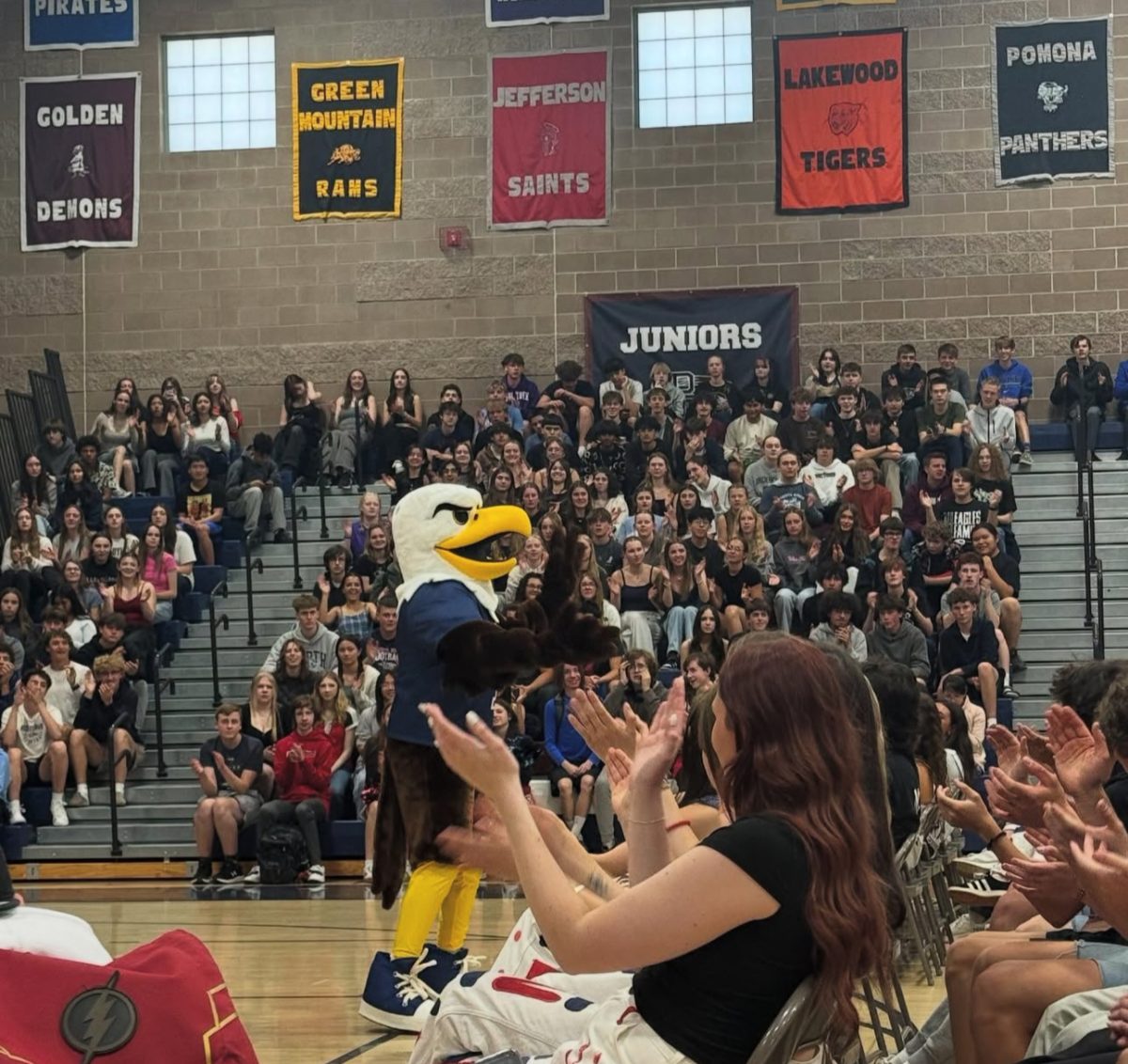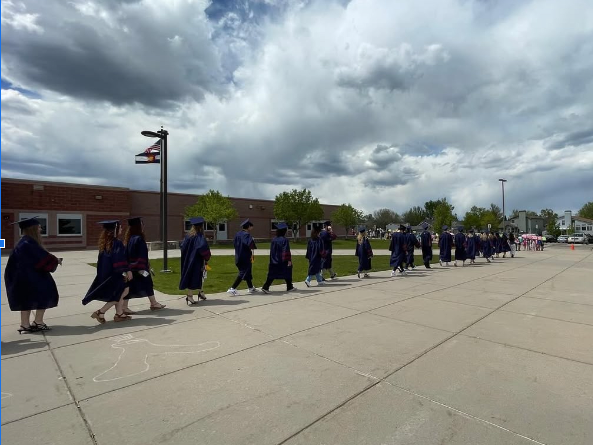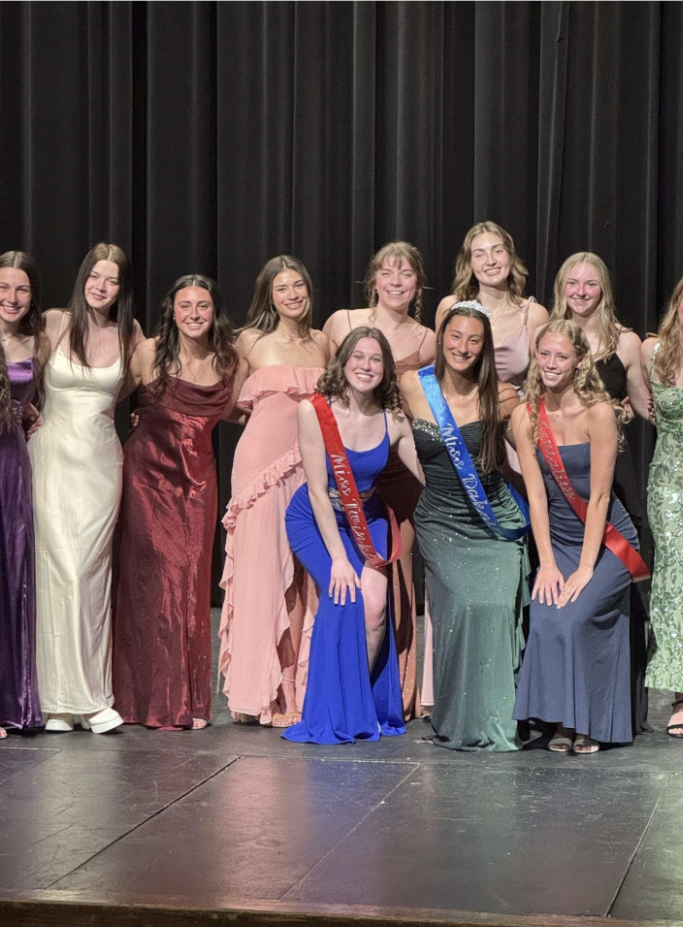TikTok, an app with short videos from creators, is facing a possible ban in the United States. The app has faced a possible ban multiple times, but this is the furthest any federal TikTok legislation has gone. In the past, it did not pass through all three branches of the government.
There is a lot of confusion on the reasoning behind why TikTok is being banned. Since TikTok is owned by a Chinese company, the U.S. government is worried that the owners may expose user data to the Chinese government. According to Chinafile, Chinese law requires Chinese firms to share information with intelligence servers. They are also worried that TikTok is spreading misinformation.
The platform is mainly used by younger people. According to Pew Research, 56% of all U.S. adults aged 18-34 say they use TikTok. According to TechTarget, TikTok claims over 150 million Americans use their app and five million have used it to grow their companies or start their businesses.
The bill that passed is known as the Protecting Americans from Foreign Adversary Controlled Applications Act. The Senate passed the bill and President Joe Biden signed it into law. Former President Donald Trump originally supported banning TikTok when he was in office but is now opposing the ban.
Scarlet Adele, a DRHS senior, gave insight into her thoughts about the ban. Scarlet is on TikTok for an hour each day, at most.
“I wouldn’t mind if TikTok got banned because there are so many other social media platforms people can communicate on and still get the same gratification as they do from TikTok,” Adele said.
If TikTok does fully get banned, most people will switch to another social media that gives the same gratification. Instagram reels even mimics TikTok — it includes a personal algorithm and allows creators to get themselves out there.

TikTok is a helpful tool for creators and business owners; it allows them to reach more people and target a specific audience. It doesn’t just help business owners and creators, it can also spread awareness. This includes protests or disasters going on in the world, sharing laws about rights, making others more aware of medical conditions, helping to raise money for a cause, and more.
“I think TikTok can be a helpful tool when learning about social cultures around the world because it connects everyone,” Adele said. “It can also spread information fast, whether it’s accurate or not, it can help people who are in need or help others become aware of issues.”
According to Social Shepherd, kids between the ages of 11 to 17 are spending, on average, almost two hours a day on TikTok. Senior Sophia Martinez says she spends about 2-3 hours a day on TikTok.
“I would be very upset if TikTok got banned,” Martinez said.
According to the New York Times, the app will not be banned right away. Currently, the U.S. government is giving TikTok nine months to find a trusted buyer and will extend it an additional three months if the sale is in progress. If they aren’t able to find a buyer, then it will be banned completely, but it won’t disappear from phones that already have it downloaded. The app will no longer be available on app stores and it will get harder to use over time with phones that already have it downloaded, as it will not be able to receive updates. ByteDance, the current owner of TikTok, has said they have no plans to sell.
However, the First Amendment prevents the U.S. government from outright banning the app. According to The Washington Post, TikTok executives expressed that they are going to legally challenge the law. If that happens, the judge will most likely pause the law until the case is resolved which could take months. Even if ByteDance decides to sell, it will be sold for $100 billion which very few companies can afford.









